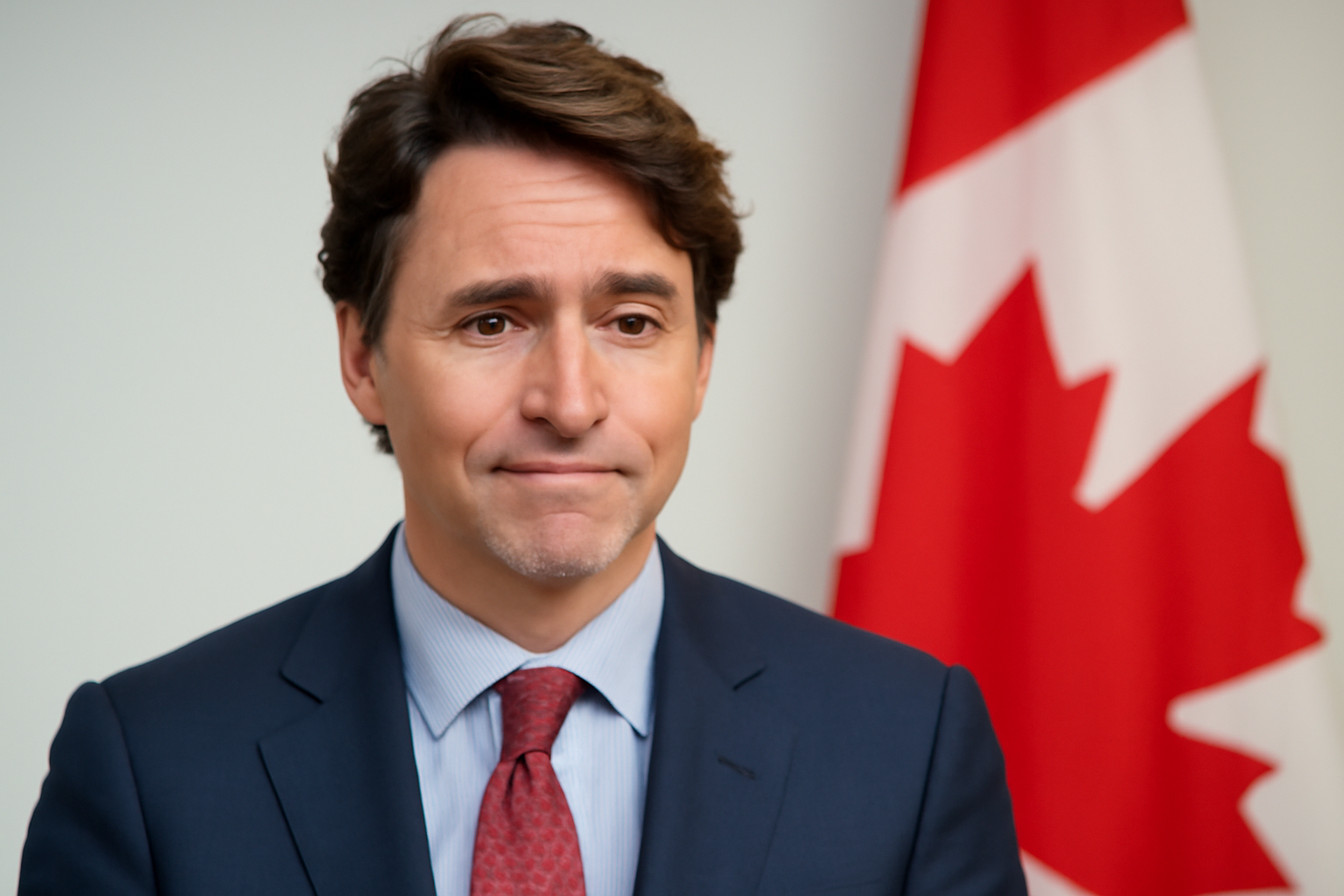
In a surprising turn of events, Canadian Prime Minister Justin Trudeau announced on Monday that he will be stepping down as the leader of the Liberal Party. This announcement comes amidst mounting pressures and calls for his resignation, particularly following the recent departure of Finance Minister Chrystia Freeland, who also served as the country's deputy prime minister.
The decision to resign sets the stage for upcoming national elections, which are required to take place before October 20. Many political analysts are watching closely, as the latest polls indicate a challenging path ahead for the Liberal Party. The Conservative Party, led by Pierre Poilievre, an MP known for his anti-LGBTQ stance, appears to be gaining traction and could potentially emerge victorious in the upcoming elections.
Justin Trudeau first rose to prominence on the national stage when he became prime minister in 2015, defeating the incumbent Stephen Harper. His father, Pierre Trudeau, had also served as Canada's prime minister, holding office from 1968 to 1979 and again from 1980 to 1984. Justin Trudeau has continued his family legacy of political leadership, but his recent years in office have been marked by numerous challenges and controversies.
One of the notable aspects of Trudeau's tenure as prime minister is his strong advocacy for LGBTQ+ rights. He holds the distinction of being the first Canadian prime minister to participate in a Pride parade, a significant gesture of support for the LGBTQ+ community. Under his leadership, Canada took substantial steps towards equality and inclusivity, including the prohibition of so-called conversion therapy in 2022. Trudeau condemned the practice as "hateful and harmful," emphasizing the importance of protecting LGBTQ+ individuals from such damaging practices.
In 2017, Trudeau made a heartfelt and historic apology to those who had suffered persecution and discrimination under Canada's former anti-LGBTQ laws. The apology was directed at individuals who had been convicted of "gross indecency" before Canada decriminalized consensual same-sex sexual relations. Trudeau's emotional address acknowledged the failures of past governments and expressed a deep regret for the injustices faced by LGBTQ+ communities.
"We have failed to protect LGBTQ2 communities, individuals time and time again," Trudeau stated during his apology. "It is with shame and sorrow and deep regret that I stand here today and say we were wrong, we apologize. I am sorry. We are sorry." His words were a poignant reminder of the progress that had been made and the work that still remained.
As Trudeau prepares to step down as party leader, the political landscape in Canada is poised for change. His resignation could herald a shift in the direction of Canadian politics, particularly concerning issues of inclusivity and equality. The potential rise of the Conservative Party, with its different stance on LGBTQ+ rights, adds an element of uncertainty and concern for advocates of LGBTQ+ equality.
Trudeau's legacy, particularly regarding his contributions to LGBTQ+ rights and his efforts to create a more inclusive Canada, will likely be a topic of considerable discussion and analysis in the coming months. Supporters of the outgoing prime minister emphasize the importance of maintaining and building upon the progress made in recent years.
As Canada prepares for the next chapter in its political journey, the impact of Justin Trudeau's leadership will undoubtedly be felt. His decision to resign as the leader of the Liberal Party marks the end of an era, but it also opens the door to new possibilities and challenges for the nation.
The upcoming elections will be a critical moment for Canada, as voters decide the future direction of the country. The outcome will not only affect domestic policies but also Canada's role on the international stage, particularly in terms of human rights and social justice.
With Trudeau's departure, Canada stands on the brink of change, and the world is watching closely to see how the nation's political landscape will evolve in the wake of his resignation. The decisions made in the coming months will shape the future of LGBTQ+ rights and the broader social and political fabric of the nation.
Related Posts
Ryan Russell: Living Authentically as a Bisexual NFL Player
Ryan Russell: embracing authenticity as a bisexual NFL player September 11, 2018, stands out as a deeply personal day in Ryan Russell's life. Not because he achieved something on a football field, but because he lost his dear friend and college roommate, Joe Gilliam, who succumbed after a brave battle with cancer. Throughout Joe's fight, Ryan was there, supporting him every step, even dedicating [...]
Jacob Elordi Shines in a Queer Love Story "On Swift Horses"
Jacob Elordi's latest film, "On Swift Horses," might leave you guessing at first, but at heart, it's a deeply moving queer love story. It's an adaptation from Shannon Pufahl's novel, brought vividly alive by director Daniel Minahan and writer Bryce Kass, weaving together themes that explore love, identity, and self-discovery on many levels. Love unfolds in 1950s America Step back in time with "O [...]
Creating New Models for LGBTQ+ Parenting: Embracing Community and Visibility
Empowering parenthood: envisioning a truly inclusive future "I'm all in when it comes down helping people realize their dreams about becoming parents," says Marea Goodman. She's not just a midwife; she's an author and founder who built Pregnant Together, an inclusive community with a heart. Goodman passionately believes that everyone, no matter who they are, deserves a shot at parenting. With tw [...]